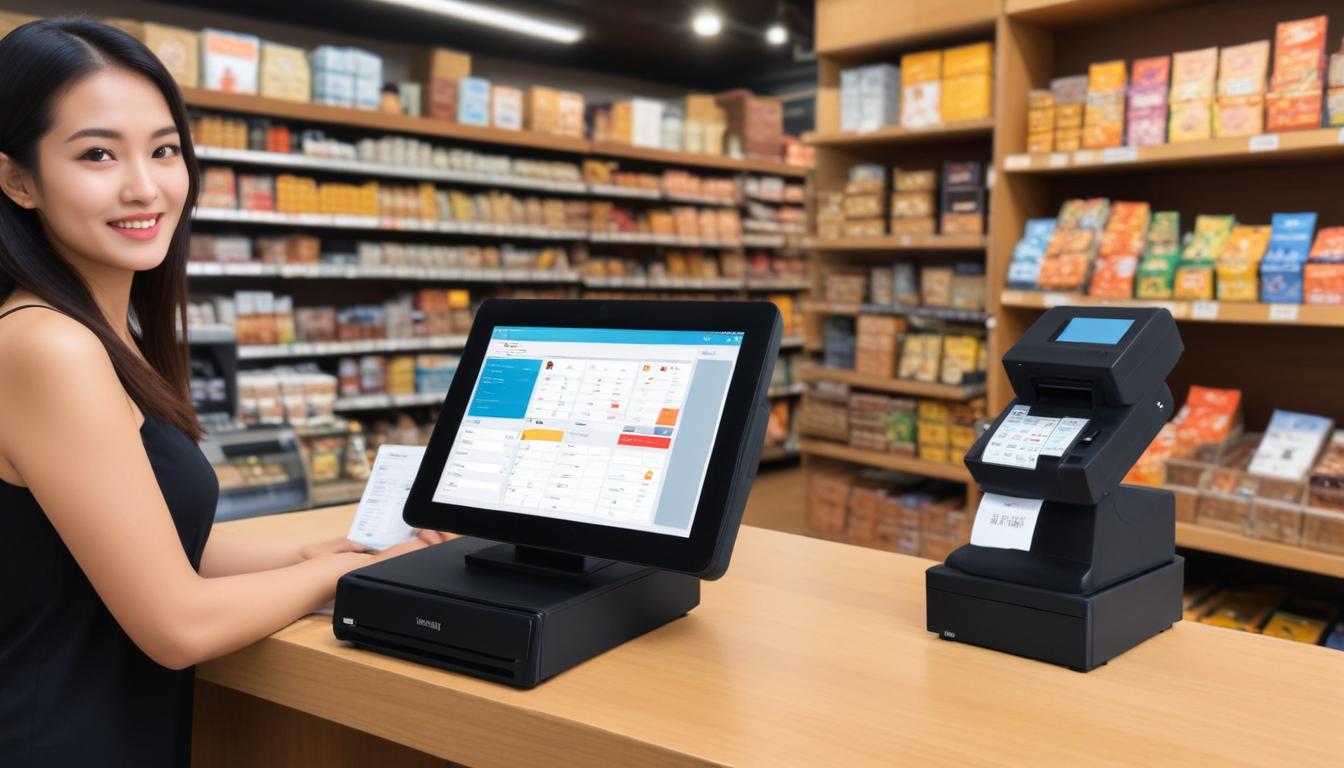For many years, the term Point of Sale POS referred to a small cash register that was hidden behind the counter. Today, in the fast-changing business world it’s evolved to something that is much more efficient. It is a flexible, intelligent and mission-critical platforms that support not just transactions but the total customer experience.

The way that customers interact with companies, shop and dine has changed fundamentally. No matter what industry they’re in; consumers are looking for speed, flexibility, and individualization. The latest POS system is a fantastic method to simplify your business. It connects all the components of a company to create a efficient solution.
POS Systems are Business Intelligence Hubs
The term “point of sale” has changed. It’s no longer about buying something as well as gathering data, optimizing your operations and improving customer relationships. The point-of-sale POS system is more than just take payments. It assists in tracking the amount of inventory and assess employee performance. It generates actionable reports regarding sales, as well in determining buying patterns for different seasons and customer segments.
Take a look at a tiny retail store which is operating a retail point-of-sale. Instead of manually counting stocks or guessing which fashions are in style The POS system monitors top-selling items, sends out low-stock alerts and even suggests reorders according to recent trends. With cloud-based connectivity that owner can monitor the daily performance on their phone without leaving the store.
Flexible pricing that is specific to the industry
Modern POS systems are flexible enough to be used in a range of markets. On one side of the spectrum, there are restaurants that require live routing of kitchens to the restaurant, tip tracking, and payments on tables. Beauty salons rely on client history and management of prepaid packages, as well as appointment scheduling. They have vastly different needs and best point of sales POS systems are created to meet these needs.
The demand for simplicity and intelligent automation is what unites all of these companies. A bar might prefer tap-to-pay payment terminals whereas a retailer may be more focused on barcode scanning or inventory synchronization between departments. A great POS point-of-sale software adapts to the needs of each customer without causing friction.
Payment Security Integration
Security isn’t an option anymore, it’s expected. Any business that takes credit cards or digital payment methods must safeguard the data. Trustworthy points of sale POS systems today are equipped with payment integrations that allow secure, encrypted processing from end-to-end with trusted brands like Chase, Moneris, and First Data.
The integration is not only about security. Speed is another important factor. It’s not a good idea for businesses to have to face sluggish card readers, mismatched reports or delays in transactions. With a unified system that blends the processing of payments and sales tracking companies can close their books quicker, more efficiently reconcile and reduce the stress of closing out.
Expanding Your Business not against it
Scalability is often neglected particularly by small businesses. Many businesses start out with a basic setup, only to find months later that it can’t handle several locations, loyalty programs or online order. Modern POS systems are designed to scale with an organization, from a sole owner to a franchise.
Retailers, in particular, benefit from retail POS systems that sync in-store purchases with e-commerce platforms. This seamless integration guarantees that inventory is always accurate. Customers can enjoy a seamless experience and business owners do not have to juggle multiple platforms.
The Smarter Sales Starts at the Point of Sale
The point-of-sale POS has evolved from a simple tool for transactions. The point of sale POS is now an integral element of how businesses operate, learn, and grow. When they invest in a customized efficient, secure, and reliable point of sale (POS) system, businesses aren’t just improving their checkout procedures, but also creating an electronic foundation for future growth.
Companies can’t afford, because customer expectations are increasing to think of the POS system as a last resort. In many ways, the true the heartbeat of any modern company is in the place where sales take place.